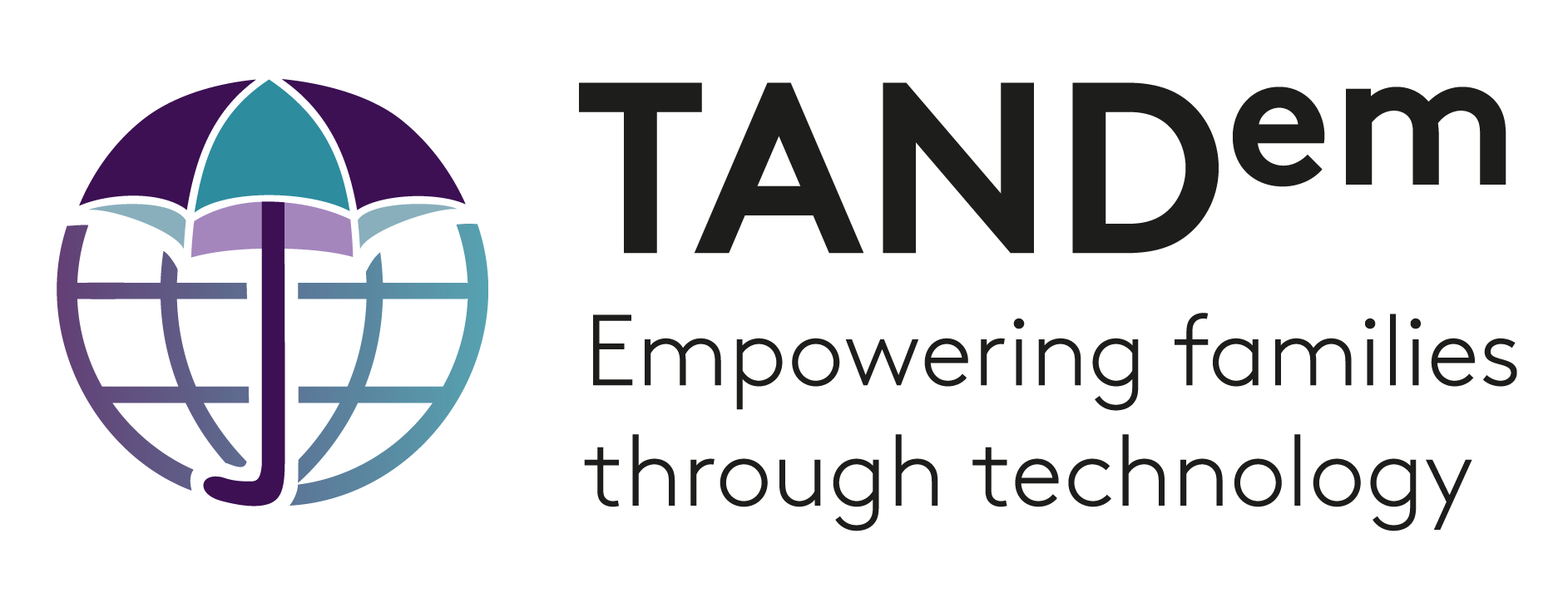Mood/Anxiety Cluster
Home > TAND Clusters > Mood/Anxiety > What to seek
What to seek
Worried about mood or anxiety symptoms?
Anxiety or changes in mood are common for most people at some point in their lives. These changes can be caused by a difficult event, such as illness, death of a loved one, loss of a job, or financial crisis. Sometimes anxiety and mood symptoms are caused by smaller events, such as a change in routine. However, even small events can result in big emotions/ Some examples of mood and anxiety disorders are (see resource panel for screening tools for each of these):
- Generalised anxiety
- Obsessive-compulsive disorder
- Panic disorder
- Post traumatic stress disorder
- Social anxiety
- Specific phobias
If anxiety or mood symptoms are disrupting your life (such as not being able to go to work or school or making it difficult for you to function), you may consider seeking a professional evaluation for these symptoms. The earlier you detect mood or anxiety symptoms, the earlier you can access help. And the good news is, mood or anxiety symptoms can respond very well to treatment! You can screen yourself or a loved one using the screening tools in the resource panel to help you decide if an evaluation is warranted, and then share the results with your healthcare provider.
Professional management of mood or anxiety problems
The role of a professional is to help understand the cause and extent of the difficulties you or your loved one is facing and to make recommendations for intervention. Examples of professionals include psychologists, therapists, psychiatrists, social workers, and behavioural specialists. A psychiatrist is a doctor who can prescribe medications to help treat your symptoms, whereas a psychologist or therapist provides an intervention such as behavioural or talk therapy.
A diagnosis of a mood disorder, such as a depressive disorder, should only be made by experienced professionals. Follow the programme recommended by your service provider. You may want to supplement your programme with ideas contained in this toolkit for the mood/anxiety cluster in the ‘What to do’ section. Below you will find a description of different types of treatment used to treat anxiety and mood symptoms.
Screening for Panic Disorder
[adaa.org]
Screening for Social Anxiety Disorder
[adaa.org]
Screening for Specific Phobias
[adaa.org]
Where to Find Help for Your Child
[aacap.org]
Depression: Parent’s Medication Guide
[aacap.org]
Principles of cognitive behavioural therapy
The most common treatment for anxiety and mood disorders is Cognitive Behavioural Therapy (CBT). CBT is based on the principle that symptoms are based on unhelpful ways of thinking that result in learned patterns of unhelpful behaviour. This type of therapy helps individuals to recognise these unhelpful patterns of thinking and to develop problem-solving skills to cope with difficult situations. Some examples include facing fears rather than avoiding them, role playing to prepare for difficult situations, and learning how to calm one’s mind and body when they are feeling anxious or upset.
Principles of other types of interventions
Other types of therapy can also help. There is increasing evidence that walking daily, especially in nature, is at least as effective as medication. Also, when there are indications for traumatic experiences, trauma therapy or Eye Movement Desensitisation and Reprocessing (EMDR) therapy can be helpful. Mindfulness and therapy focused on acceptance may also help.
As TSC affects the lives of all family members, family therapy can also be useful.
Therapy can also be administered nonverbally, which can be helpful for individuals with intellectual disability and/or autism spectrum disorder. However, this approach can also be helpful for all levels of functioning. For example, nonverbal therapies include psychomotor therapies, music, and art therapy.
Principles of medication management
Medications to treat anxiety or mood symptoms are often used when therapies or self-help strategies don’t work enough. Medication is generally prescribed by a psychiatrist or another clinician familiar with treating anxiety and mood symptoms. It depends on local conditions and the local health system which medication is offered to a patient. All medication for mood and anxiety disorders must be prescribed by a doctor and its application must also be observed. A class of medication that is often prescribed and well tolerated are the so-called Selective Serotonin Reuptake Inhibitors (SSRIs). It’s always important to take other problems into account, such as epilepsy, other psychiatric disorders, and interaction with other medications.
When NOT to wait
Suicidal thoughts
- Talking about committing suicide or being preoccupied by death and dying.
- Troubles eating or sleeping that are unusual.
- Noticeable changes in you or your loved one’s personality, such as a drastic change in behaviour.
- Loss of interest in work, school, hobbies and relationships.
- Increased use of alcohol or drugs.
If you or a loved one are experiencing thoughts of harm, please seek help immediately.
Suicidal Crisis Support
[iasp.info]
988 Suicide and Crisis Lifeline
[988lifeline.org]
Speaking of Suicide
[speakingofsuicide.com]
When should you call your doctor
- If you are feeling overwhelmed and are thinking of harming yourself.
- Your loved one is exhibiting significant self-harm or significant harm to others.
- You have tried all of the self-help strategies (see the ‘What to do’ section for the Mood/Anxiety cluster) and are still having significant anxiety and mood symptoms.




